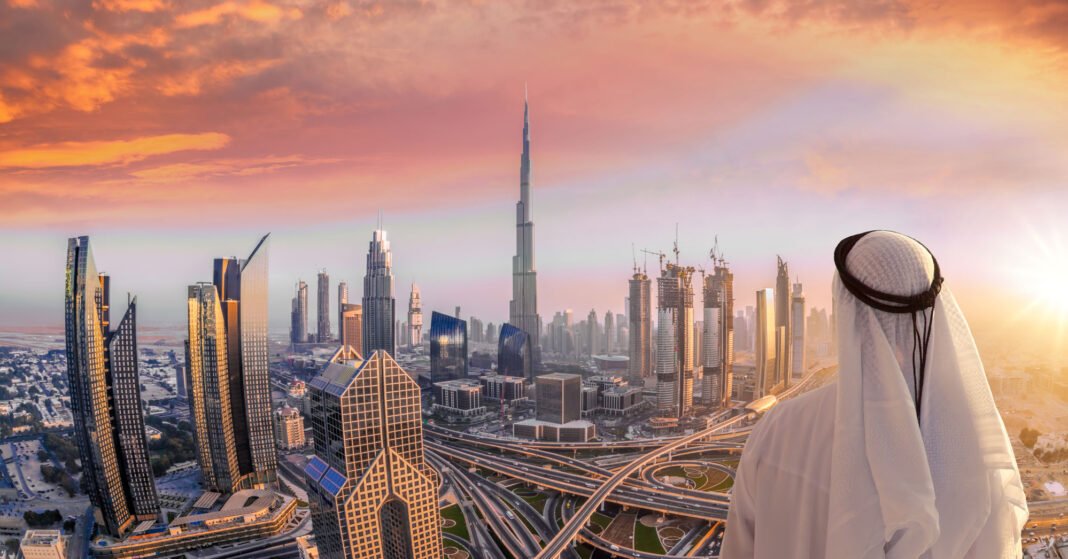Dubai Urban unveiled its blueprint to become the world’s most beautiful and advanced city at the 2025 Asia-Pacific Cities Summit (2025APCS) and Mayors’ Forum. Moreover, the Government of Dubai Pavilion offered an interactive journey through the city’s past, present, and future.
Consequently, more than 350 cities participated. Over 200 city leaders, 150 mayors, and municipal officials joined. Policymakers, academics, investors, and business leaders also attended. They explored collaborative solutions to urban challenges.
Inspired by Sheikh Mohammed bin Rashid Al Maktoum’s vision, the pavilion highlighted Dubai’s milestones. For example, it showcased the expansion of Dubai Creek, the opening of Dubai International Airport, the development of Port Rashid and Jebel Ali Port, as well as the Dubai World Trade Centre.
Visitors also explored Dubai’s modern achievements. Dubai International Airport serves over 92 million passengers annually. The Dubai Metro transports 2.18 million commuters daily. Furthermore, the government has digitalised 99.5% of its services, improving efficiency and accessibility.
At the pavilion’s heart, a 3D illuminated interactive map displayed iconic landmarks. These included the Burj Khalifa, Burj Al Arab, Emirates Towers, Museum of the Future, Mohammed bin Rashid Al Maktoum Solar Park, Expo City Dubai, Dubai International Financial Centre, Dubai World Trade Centre, and Dubai International Airport.
Dubai Plan 2033 was another major focus. It integrates the Dubai Economic Agenda D33, the Dubai Social Agenda 33, and the Dubai 2040 Urban Master Plan. The plan emphasises inclusive urban development. Additionally, it ensures well-being, stability, and prosperity for residents.
The city’s approach is built on six pillars: a City of Safety, a City of Ambition, a City of Quality Living, a Cultural City, a City of Efficiency, and a City of Opportunities. These pillars guide sustainable growth and innovation across all sectors.
Sharina Lootah, Advisor at the Government Communication Department, said the pavilion offers an immersive view of Dubai’s past, present, and future. She added that the summit provides a platform for global collaboration. It also supports urban transformation.
Meera Al Shamsi, Consultant at the Economic Policies and Strategies Department, noted that Dubai balances economic growth with social welfare. She highlighted that hosting delegations from over 350 cities allows the exchange of ideas, best practices, and strategies. As a result, cities can become future-ready.
By hosting the Asia-Pacific Cities Summit and Mayors Forum for the first time in the Middle East, North Africa, and South Asia, Dubai reinforced its position as a global hub for urban innovation. Therefore, the event encourages cities to share sustainable solutions. It inspires the transformation of urban communities worldwide.





